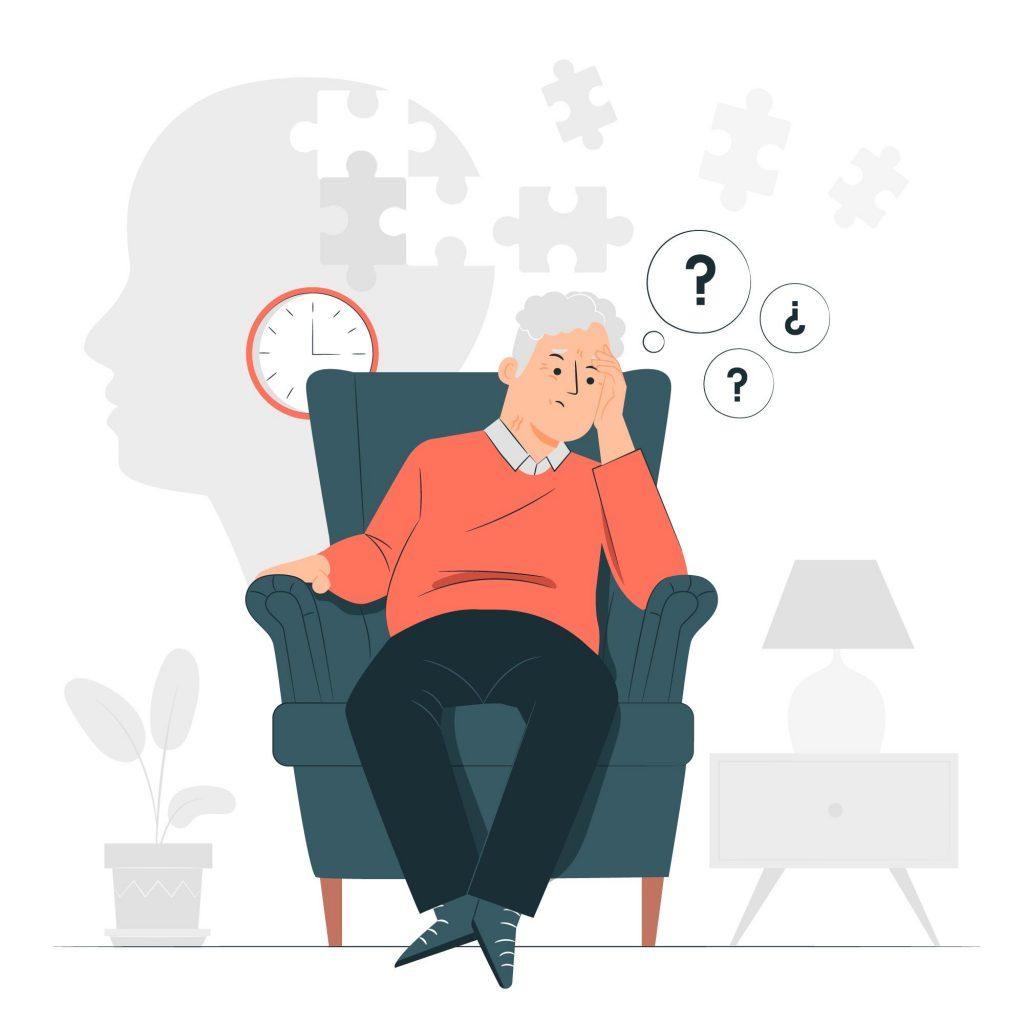Dementia is a progressive neurological condition that affects memory, thinking, and behavior. It encompasses a range of disorders, including Alzheimer's disease, vascular dementia, and Lewy body dementia. Understanding dementia treatment is crucial for managing symptoms, slowing progression, and improving the quality of life for patients and caregivers.
Understanding Dementia
Dementia is not a single disease but a collective term for conditions affecting cognitive function. It is caused by damage to brain cells, which impairs communication between them. Symptoms vary but commonly include memory loss, confusion, dementia treatment difficulty in problem-solving, and mood changes.
Goals of Dementia Treatment
Treatment for dementia focuses on:
-
Slowing disease progression
-
Managing symptoms
-
Improving daily functioning
-
Enhancing quality of life for patients and caregivers
Medical Treatment Options
1. Medications
Certain medications help manage symptoms:
-
Cholinesterase inhibitors (e.g., Donepezil, Rivastigmine): Enhance communication between nerve cells.
-
Memantine: Reduces symptoms in moderate to severe cases.
2. Addressing Underlying Conditions
Treating high blood pressure, diabetes, or high cholesterol can prevent further brain damage in vascular dementia.
3. Antidepressants and Antipsychotics
These may be prescribed to address mood swings, depression, or hallucinations.
Non-Medical Interventions
1. Cognitive Stimulation Therapy (CST)
Structured activities designed to improve memory, problem-solving, and language skills.
2. Occupational Therapy
Helps individuals adapt their environment and develop strategies for daily living.
3. Physical Activity
Regular exercise improves blood flow to the brain and supports overall health.
4. Dietary Changes
The Mediterranean diet, rich in fruits, vegetables, whole grains, and healthy fats, is linked to better brain health.
Emerging Treatments and Research
Scientists are exploring innovative therapies, including:
-
Gene therapy: Targeting genetic mutations linked to dementia.
-
Immunotherapy: Using antibodies to clear abnormal proteins in the brain.
-
Stem cell research: Promising results in regenerating damaged brain tissue.
Support for Patients and Caregivers
1. Support Groups
Connecting with others facing similar challenges can provide emotional support.
2. Education and Training
Learning about the disease helps caregivers understand symptoms and respond effectively.
3. Respite Care
Temporary care services allow caregivers to rest and recharge.
Preventive Measures
Although dementia cannot always be prevented, some strategies may reduce risk:
-
Maintaining a healthy lifestyle.
-
Staying mentally active with puzzles, reading, or learning new skills.
-
Regular health check-ups to monitor blood pressure and cholesterol.
Conclusion
Dementia treatment requires a multi-faceted approach tailored to the individual. While there is no cure, advancements in medical and non-medical interventions are improving outcomes. Support from healthcare professionals, family, and the community plays a vital role in managing the condition and enhancing the quality of life for those affected.



